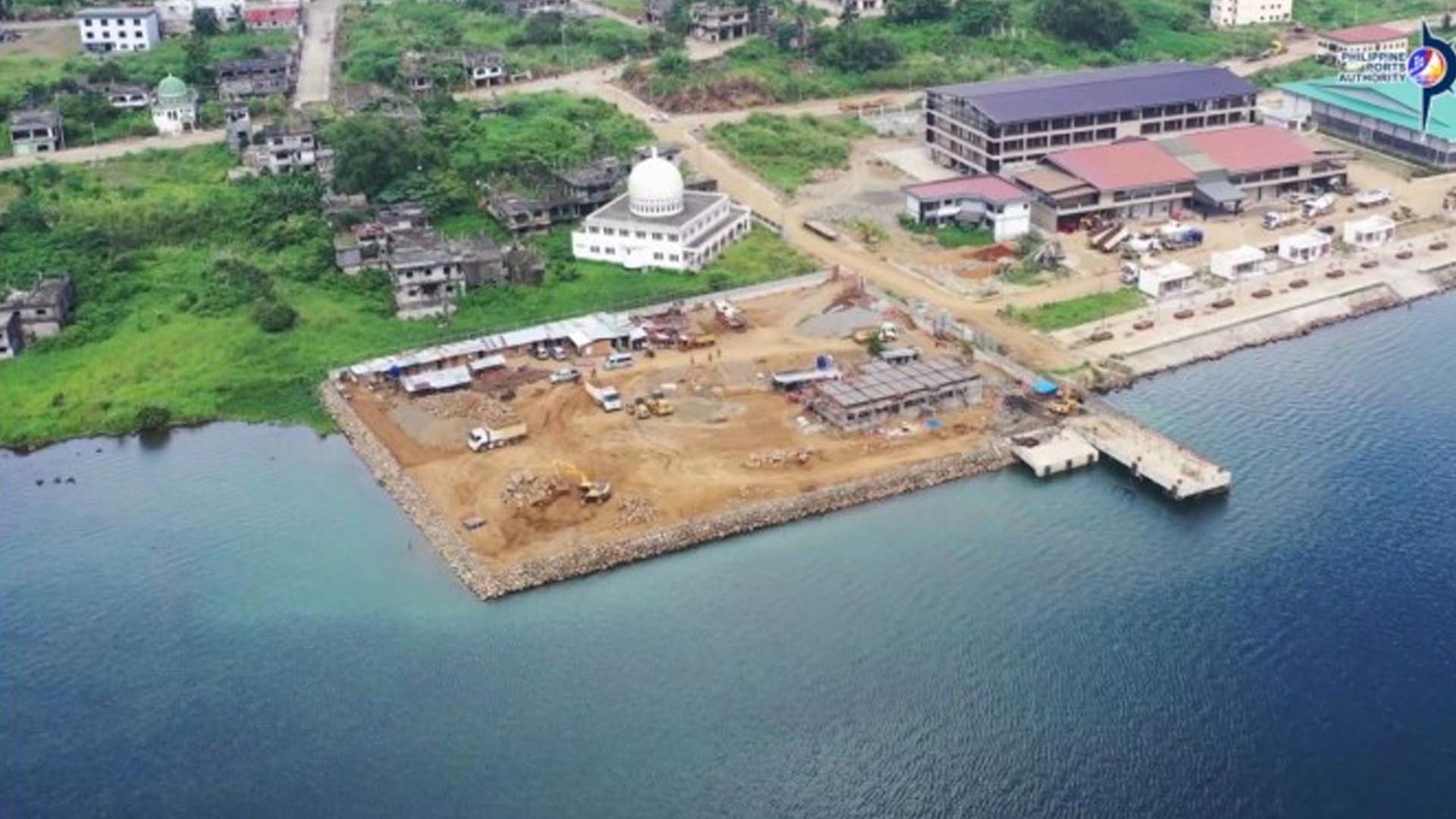President Ferdinand R. Marcos Jr. has institutionalized the recovery, reconstruction, and rehabilitation efforts in Marawi City, and streamlined the functions of concerned agencies to hasten the implementation of programs in the city and other affected areas.
Under Administrative Order (AO) 14 signed by Executive Secretary Lucas Bersamin on Dec. 22 by order of the President, all government agencies involved in the recovery, reconstruction, and rehabilitation efforts in Marawi City are directed to expedite and ensure the completion of the projects and activities, in coordination with the concerned local government units.
The Department of the Interior and Local Government is directed to maintain peace and order in Marawi City and other affected localities, while the Department of Human Settlements and Urban Development is ordered to facilitate and oversee the completion of housing projects for the affected residents.
The AO tasks the Department of Public Works and Highways to coordinate the complete restoration of public utilities, such as water and electricity, as well as the repair and reconstruction of public buildings and infrastructure.
The Department of Health and the Department of Social Welfare and Development are designated to ensure the health, sanitation, food, and other basic needs of residents, while the Department of Trade and Industry is mandated to provide an environment conducive to the revival of business and livelihood activities.
AO 14 also notes the supervisory role of Task Force Bangon Marawi (TFBM) created under AO 3 issued in 2017, as amended by AO 9 issued in the same year.
The TFBM is in charge of overseeing the progress and completion of several programs and activities under the Bangon Marawi Comprehensive Rehabilitation and Recovery Program.
The AO, however, emphasizes that while the TFBM performs a supervisory role, such as coordination and monitoring activities, it is still the government agencies that execute the projects needed for the recovery, reconstruction, and rehabilitation of Marawi.
The arrangement, according to AO 14, has caused delays due to “redundant and superfluous bureaucratic layers in the National Government.“
AO 14 orders the TFBM to wind up its operations on Dec. 31, 2023 and shall be deemed “functus officio” by March 31, 2024.
As part of winding down its operations, the TFBM is mandated to facilitate the reversion to the Office of the President (OP) of the remaining balance of the TFBM Trust Fund, which was created through a memorandum of agreement on April 13, 2018 between the two offices.
The TFBM is also directed to conduct an inventory of its assets and properties and ensure proper accounting and turnover of the funds; settle its outstanding obligations and submit a Consolidated Audited Report of Disbursements to the OP on or before March 31, 2024; and submit a Comprehensive Transition Report to the President.
AO 14 also repeals AOs 3 and 9 issued in 2017 and all other orders, rules and regulations, and issuances or parts of the orders that serve as the basis for the creation of the TFBM that are inconsistent with the provisions of the new AO.
To accelerate the reconstruction and recovery efforts in the City of Marawi, AO 14 emphasizes the need to rationalize the functions of government agencies “to promote efficiency and organizational coherence in the bureaucracy consistent with Rightsizing policy.”
“To ensure institutional stability, it is imperative to institutionalize and strengthen the functions of implementing government agencies involved in the reconstruction and rehabilitation efforts in the City of Marawi and other affected localities,” it added.
Improving bureaucratic efficiency is one of the key pillars of the Philippine Development Plan 2023-2028 and the 8-Point Socioeconomic Agenda of the Marcos administration.
Malacañang has yet to release a copy of AO 14, which takes effect immediately upon publication in the Official Gazette. (PNA)






















